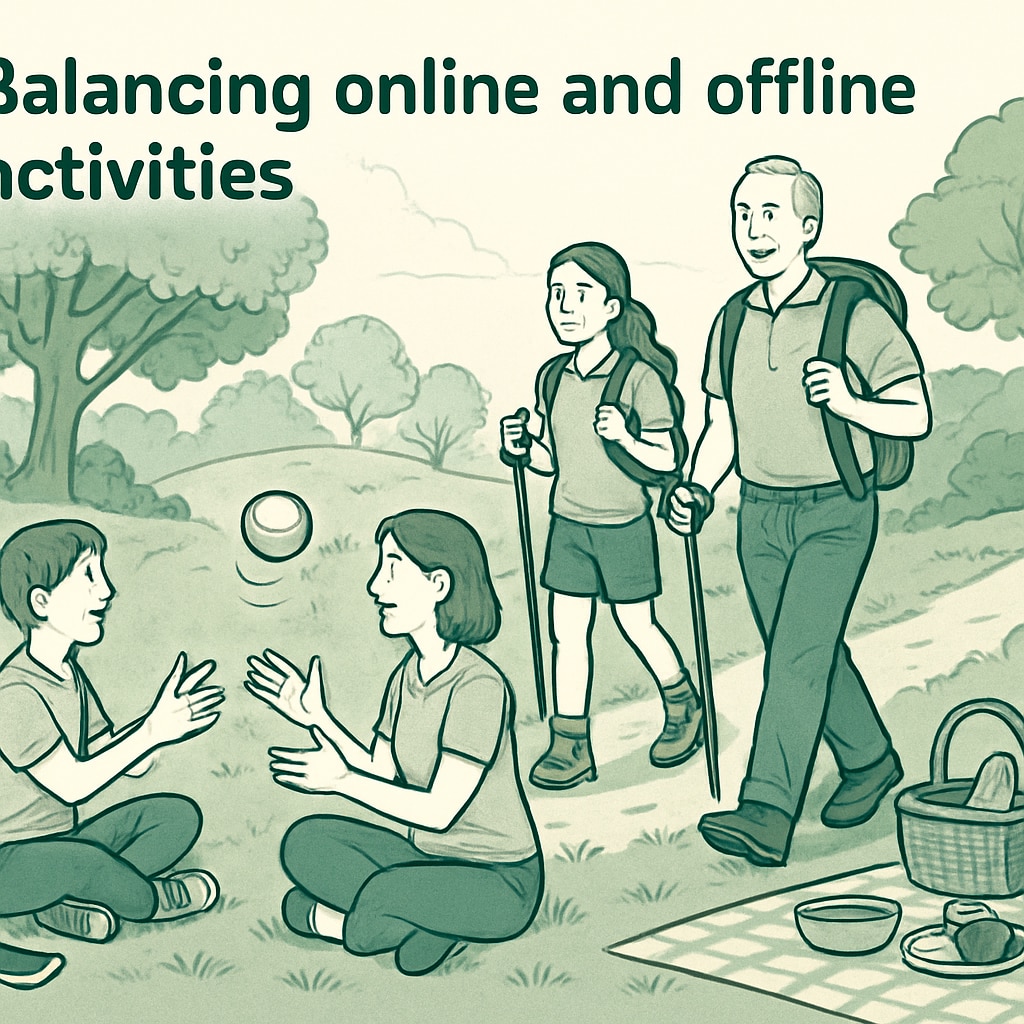In today’s digital era, technology addiction, children’s development, and parental supervision have become increasingly important topics of discussion. With the widespread use of electronic devices in K12 education, children are spending more time on screens than ever before. While technology offers significant benefits for learning, its overuse can lead to detrimental effects on psychological health and cognitive development, creating challenges for both parents and educators.
Understanding the Risks of Technology Overuse
Excessive screen time among children can lead to several psychological and developmental issues. Prolonged exposure to digital content may result in technology addiction, characterized by compulsive use of devices and difficulty disengaging from them. This can impact attention spans, emotional regulation, and social interactions. Additionally, studies have shown a correlation between excessive screen time and increased levels of anxiety, depression, and sleep disturbances in children.

Cognitive development is another area of concern. Overuse of technology may hinder the development of problem-solving skills and critical thinking as children become reliant on instant answers from search engines. Furthermore, multitasking on devices can negatively affect memory retention and focus, hampering academic performance.
Parental Supervision: A Key to Healthy Digital Habits
Parental supervision plays a crucial role in mitigating the risks associated with technology overuse. Setting clear boundaries on screen time and encouraging offline activities can help children maintain a balanced lifestyle. For example:
- Implementing “tech-free zones” in the home, such as during family meals or before bedtime.
- Promoting outdoor play, hobbies, and face-to-face social interactions.
- Using parental control tools to regulate access to content and monitor usage patterns.

In addition, open communication between parents and children about the risks of technology addiction can foster awareness and self-regulation. Parents should model healthy technology use themselves to set an example for their children.
Collaborative Strategies Between Schools and Parents
Schools also play an essential role in guiding students toward responsible technology use. Educators can integrate lessons on digital citizenship into the curriculum, teaching students how to use technology ethically and responsibly. Collaborative efforts between schools and parents can include:
- Organizing workshops on digital health for families.
- Providing resources and guidelines for safe technology use.
- Encouraging technology-free activities during school hours, such as physical education and arts programs.
By working together, schools and parents can equip students with the skills they need to navigate the digital world while safeguarding their mental and cognitive well-being.
Conclusion: Striking a Balance in the Digital Age
Technology addiction, children’s development, and parental supervision must be prioritized to ensure the healthy growth of K12 students in the digital age. While technology is a powerful tool for education, its excessive use poses significant risks. By setting boundaries, fostering offline interactions, and collaborating with schools, parents can help children strike a balance between the benefits and drawbacks of technology. Ultimately, cultivating mindful and responsible digital habits is key to thriving in today’s tech-driven world.
Readability guidance: This article uses concise paragraphs, lists to summarize key points, and transitions like “however” and “in addition” to maintain flow. Passive voice is minimized, and sentence lengths are kept within recommended limits for accessibility.


